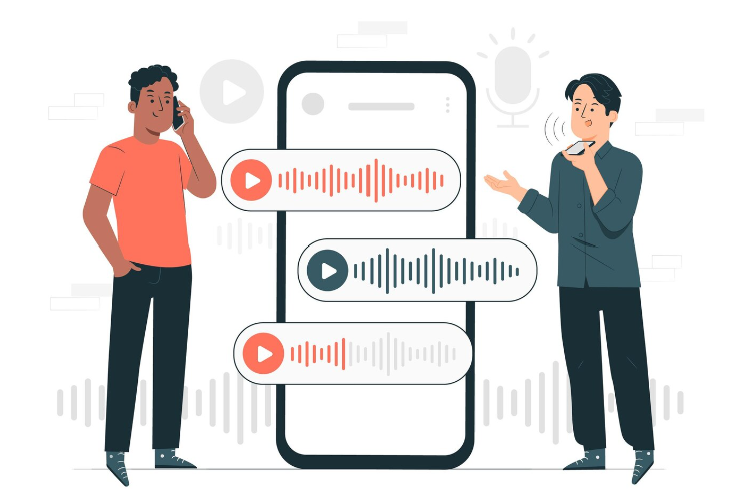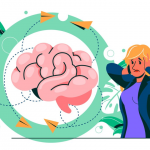NEW ON DRSUE.CA! Prefer to listen? Check out my audio recording of this post here:
It is estimated that over 10% of adults globally have diabetes, with almost half being undiagnosed. Diabetes can be present for many years without any symptoms, so if a person hasn’t gone for screening blood tests, it could go undetected for years. Lab testing for diabetes can be difficult to access in some parts of the world, as well as remote areas even in developed countries. So, easier ways to screen for diabetes are being considered.
Interestingly, voice has emerged as a potential candidate for detecting diabetes, with AI technology being explored as a screening tool.
When blood sugars are elevated, it has been hypothesized that this affects the elastic properties of the vocal chords. Long term elevation in blood sugars could theoretically damage the nerve fibers and muscles of the voice box. In people with diabetic neuropathy, there may be hoarseness, vocal straining, and even aphonia (inability to produce sound).
On a background of data suggesting that there are distinct vocal differences between people with type 2 diabetes and nondiabetic individuals, a recent study assessed the feasibility of voice analysis by AI to detect type 2 diabetes. The study enrolled 267 people in India (75 with type 2 diabetes and 192 without), matched by age and body mass index (BMI), and asked them to record their voice several times over 2 weeks. Acoustic features were extracted from some of these recording to analyze differences between those with vs without diabetes, and they created an AI model to predict type 2 diabetes. They then used the remaining recordings to test their AI model’s capability to detect diabetes.
The optimized AI model had a specificity (positive test correctly diagnosed diabetes) of 91% for women and 89% for men, and a sensitivity (negative test correctly ruled out diabetes) of 71% for women and 75% for men. The study did not include any data on how high sugars were during the voice recording period, nor the A1C (3 month diabetes report card). If sugar level does affect vocal cord function, this seems important to include. They also did not include data on how long participants had had diabetes. Knowing that the duration of diabetes is associated with a higher risk of complications, this would be an important factor to include in future studies. It was also conducted in India only, so may not be extrapolable to other ethnicities.
BOTTOM LINE: The possibility of AI using voice characteristics to screen for diabetes is fascinating, and could potentially allow quick and easy testing with nothing more than a smart phone and internet access. These very preliminary data are an interesting early step – it will be interesting to see what may evolve in future studies!
Subscribe to my blog (upper right)!
Follow me on twitter @drsuepedersen
Share this blog post using your favorite social media link below!
www.drsue.ca © 2023












